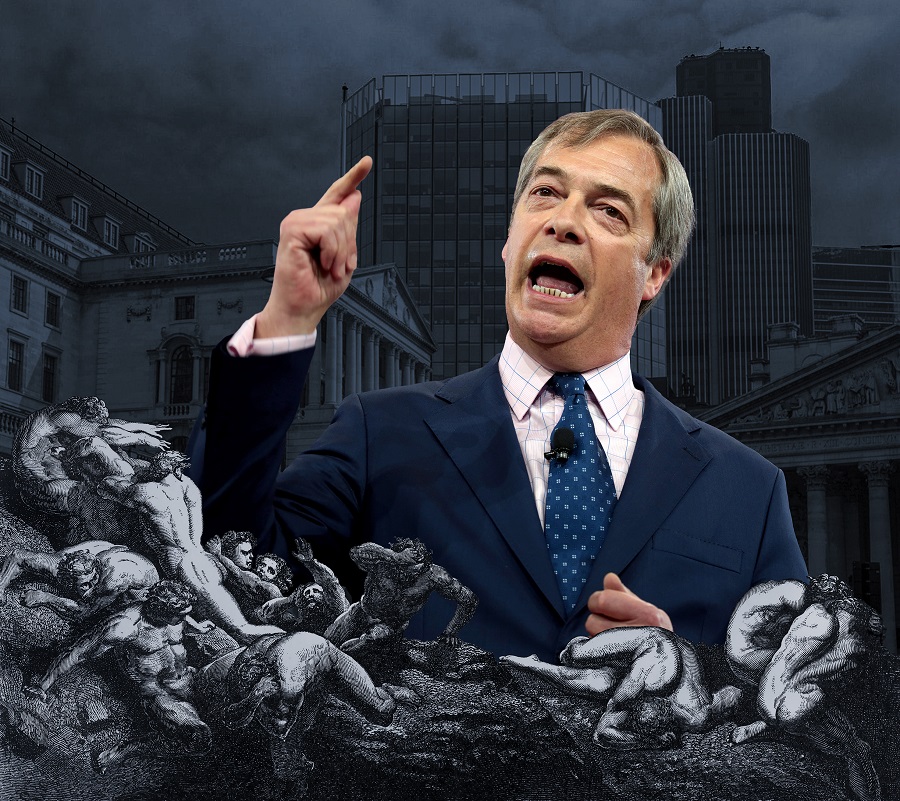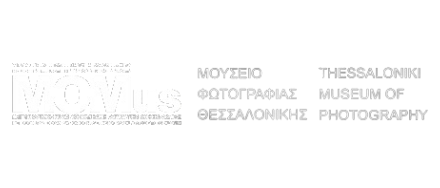At first sight, Craig Ames’ collages may seem to be simple political interventions—in the two series on show here about the
official presentation of heads of state and about Brexit—but each of their components are rich in meaning and precisely
calibrated in their juxtaposition. In Official Portraits for a Post-Truth Era, standard depictions of presidents and prime ministers—including Trump, Erdoğan, Putin and Johnson—are seen against plain grey backgrounds, wearing the conventional armour of distinction, usually a well-tailored business suit, which is sometimes adorned with a patriotic pin. Their faces are obscured with zebra-like dazzle camouflage patterns, of the type first used in the First World War to protect ships from torpedo attacks. The idea was not to conceal the target, as a battleship grey might do at sea, but to make its speed and direction of travel hard to judge. In an era in which ‘culture wars’ and the fomenting of hatred against a variety of out-groups is commonplace as a distraction from government as usual in the service of corporations and the super
rich, the intervention is exact. In The Infernal Divide, photographs of political actors in the Brexit drama are set alongside scenes from Gustave Doré’s illustrations to Dante’s Inferno, which are so famous and widely reproduced that they have become deeply woven into the European visual imaginary. Plainly, Ames’ collages point to the profound bewilderment, disorientation and even desolation felt by many in the UK during the long crisis caused by the Brexit vote. As it unfolded, the display of various sins illuminated by Dante’s guide to the underworld was flagrant: lust, fraud, greed, anger, theft, violence
and hubris. Dante’s writing, we should remember, was full of political score-settling, as he imagined in vivid detail the sufferings of his enemies in hell. Similarly, Donald Tusk, then the European Council President, said of those who had promoted Brexit without any plan of how it could be carried out that they had reserved for themselves ‘a special place in hell’. Ames more than suggests that those who suffer most are not the towering and self-satisfied political leaders but the masses left struggling in their wake.
–J.S.



